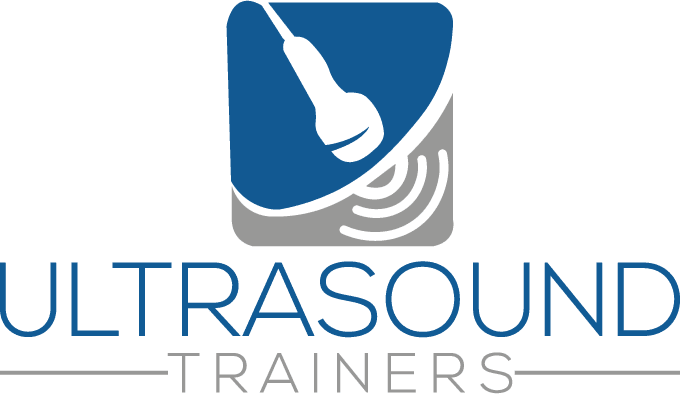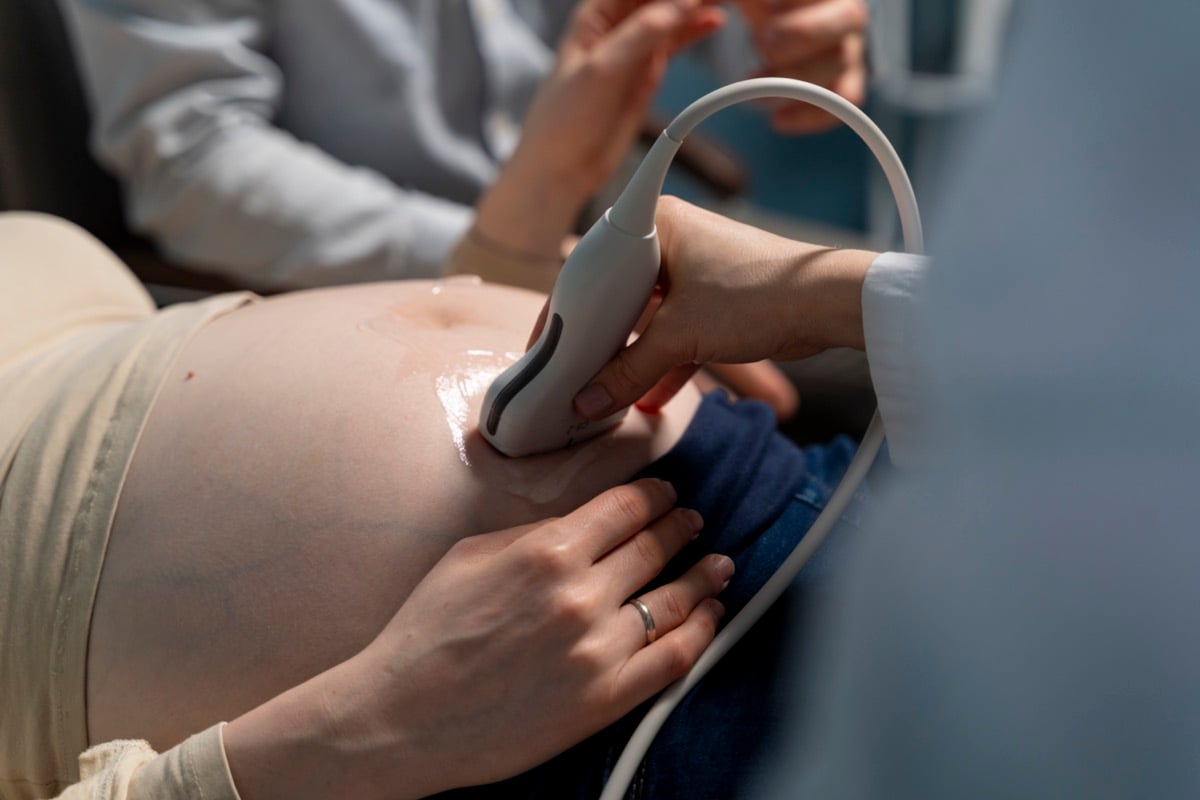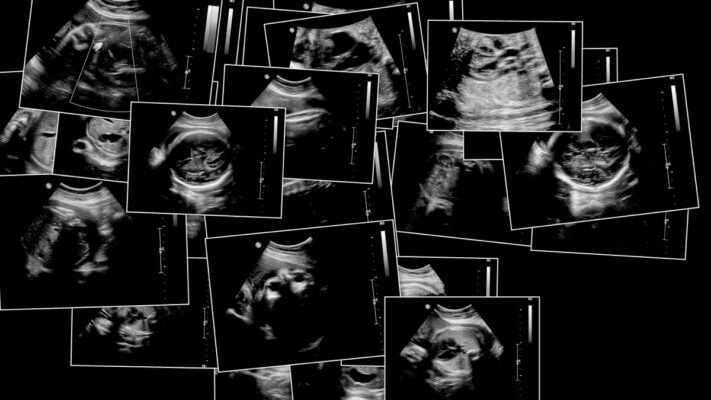3 Essential Techniques You’ll Master in 3D/4D Ultrasound Training
Nothing positions an Elective Ultrasound Business for growth quite like rock–solid scanning skills. In the intensive three day course run by Ultrasound Trainers, you move far beyond textbook theory into true hands-on confidence. Over forty live scans, mentors guide you through the techniques that separate average keepsake images from jaw-dropping bonding moments. By graduation you will:
- Place the probe with surgical precision even when baby somersaults.
- Dial in machine settings so every pixel looks crystal clear.
- Render silky smooth 4D clips parents brag about for years.

All three pillars—probe positioning, image optimization, and real time 4D rendering—are threaded through every scan you perform. They also map directly onto the top search intent for 3D/4D ultrasound training techniques, so mastering them not only delights clients but boosts your online visibility. Ready to explore each skill in depth? Let’s dive in.
Why Perfecting These Techniques Matters for Your Studio
Immaculate images turn first-time visitors into lifelong clients. Parents share keepsake scans on social media, driving word-of-mouth referrals that paid ads cannot match. When your sessions showcase impeccable clarity and captivating 4D motion, bookings soar—especially if you leverage savvy ultrasound business marketing tips taught during the course.
By contrast, grainy photos erode trust. A single poor experience can ripple through local Facebook groups faster than any discount can repair. Skilled technique protects your reputation and underpins every revenue stream, from heartbeat animals to livestream add-ons.
Technical mastery also reduces scan time, improving throughput without sacrificing care. Shorter appointments mean more daily capacity, giving an edge over competitors and a stronger argument when evaluating the cost of starting an ultrasound business.
Finally, proficiency reassures referring obstetricians, whose word carries immense weight. Clinics looking to add an Ultrasound Franchise location often select partners who demonstrate the highest scanning standards—exactly what this program delivers.
With the “why” established, let’s unpack each of the three essential techniques you will practice.
Technique One: Probe Positioning Precision
Perfect probe placement underpins every beautiful frame. During live scanning labs you learn to feel subtle surface landmarks then glide the transducer until anatomy snaps into focus. Trainers correct hand tilt, wrist rotation, and body stance so you apply steady pressure without client discomfort.
Sessions begin with mapping maternal anatomy—symphysis, umbilicus, fundus—so you always know baby’s orientation. From there, you practice sequential sweeps to locate face, heartbeat, and umbilical cord even when baby hides behind the placenta.
Expectant parents love involvement, so you’ll rehearse explaining your hand movements in plain language, turning technical adjustments into engaging narration. That interactive style boosts satisfaction scores and garners glowing reviews—one of the simplest Ultrasound Business Training Program growth hacks.
Instructors also show rapid repositioning drills for twins, breech presentations, and plus-size clients. Mastery here ensures inclusive service and prevents lengthy rescans that eat into profit margins.
Finally, a maintenance primer covers disinfecting protocols and cable-management habits that prolong probe life, saving thousands in replacement costs—crucial when you budget to buy elective ultrasound machine upgrades down the road.
Ergonomic Grip and Clinician Well-Being
Repetitive scanning strains wrists and shoulders. A short ergonomics module teaches neutral wrist alignment, elbow support, and foot positioning that distributes weight. Graduates often report fewer aches even during back-to-back weekend sessions.
You’ll experiment with foam grips and lightweight cable-holders to minimize drag. These small investments deliver major gains in career longevity—a point often overlooked when people research how to open a 3D ultrasound studio.
Good ergonomics also translate to steadier images. A relaxed grip allows micro-adjustments essential for capturing that fleeting yawn or hand wave inside the womb.
Navigating Fetal Position Challenges
Babies rarely pose on command. Trainers demonstrate maternal postures—left lateral tilt, gentle hip rolls—that coax baby into favorable positions. You experiment under supervision until you can prompt a face-forward shot within minutes.
For stubborn limbs, you learn to adjust insonation angle while maintaining continuous skin contact. This skill delights parents who thought a clear facial profile was impossible.
By mastering these maneuvers, students cut repeat visit rates, driving higher daily revenue without marketing spend.
 Technique Two: Image Optimization Science
Technique Two: Image Optimization Science
Even perfect positioning falls short without thoughtful machine settings. Day two immerses you in controls that turn raw echoes into cinematic pictures clients frame on nursery walls.
Hands sweep across gain, time gain compensation, persistence, and speckle reduction. You watch mentors demonstrate how each slider alters contrast and depth, then replicate until muscle memory kicks in.
Special attention goes to frequency selection. Lower megahertz reach deeper anatomy, ideal for plus-size clients, while higher frequencies unveil delicate eyelashes at shallower depths. Balanced use ensures every client leaves with gallery-worthy prints.
Next, image optimization labs compare manufacturer presets. Whether you operate a GE Voluson or a Samsung Hera W10, you’ll walk out knowing when to override default skin-tone maps and how to save custom profiles for specific gestational ages.
According to the American Institute of Ultrasound in Medicine, consistent protocol adherence reduces nondiagnostic scans by twenty-five percent cite. Implementing these guidelines boosts client satisfaction and slashes rescan costs.
Signal-to-Noise Mastery
Shadowing and haze sabotage detail. You learn to feather TGC sliders at incremental depths, recovering faint echoes without blowing out near-field highlights. Real-time comparisons on split screens reveal night-and-day results.
Trainers introduce harmonic imaging and spatial compounding—features often under-used by new owners. Properly tuned, they unlock crisp diaphragms and placental margins that elevate your studio’s clinical credibility.
Finally, you test adaptive algorithms that auto-balance brightness across the field. Understanding their limits prevents overreliance and keeps you in creative control.
Color Mapping for Keepsake Sessions
Parents adore sepia palettes that soften shadows and enhance depth. You experiment with color maps, learning which hues flatter diverse skin tones while preserving diagnostic authenticity.
A mini-module on print media explains why certain maps translate poorly to thermal paper. Graduates leave able to tweak saturation so every keepsake baby ultrasound photo pops whether displayed on a social feed or printed at twelve by eighteen inches.
These aesthetic touches become part of signature branding—an edge when competing with established 3D/4D ultrasound businesses in your region.
Technique Three: Real Time 4D Rendering Workflow
Moving from stills to motion brings new variables—volume rate, box size, rendering kernels—that can overwhelm beginners. Day three demystifies them through interactive capture-and-export drills.
First you set a practical volume rate, balancing temporal smoothness with spatial resolution. Instructors show a fetal kick at five frames per second versus ten, so you feel the difference.
Adjusting the ROI (region of interest) is next. Tight boxes around the face accelerate rendering and protect frame rate. Larger boxes showcase full-body stretches beloved by parents seeking immersive bonding.
Finally, you learn three export pipelines: direct-to-USB, secure cloud share, and instant monitor mirroring. Mastering these workflows turns a routine scan into a marketing magnet, since clients post their clips within minutes, tagging your studio for exponential reach.
Graduates often pair the workflow with an add-on livestream package, lifting average session value by thirty percent while reinforcing your standing as a tech-forward studio.
Volume Preset Customization
Volumetric presets vary by manufacturer. You’ll compare GE’s HDlive facelight to Samsung’s RealisticVue, learning subtle tweaks that soften nose contours or sharpen finger outlines.
Understanding preset DNA lets you tailor aesthetic outcomes to parental preference—glossy studio-style glow for social media fans or softer matte look for scrapbook purists.
This level of customization differentiates your offering from starting an ultrasound business competitors who rely solely on factory settings.
Post-Processing and Client Delivery
Once recorded, clips move to your editing station. You practice trimming, stabilizing, and cropping to portrait ratio for Instagram Reels—skills that double as ultrasound business marketing tips.
Next, a copyright primer explains personal use versus promotional licensing, protecting you and clients alike.
Lastly, you walk through watermark application that shields your intellectual property while subtly advertising your studio to secondary viewers.
Integrating the Techniques for Business Success
Technical skill alone does not guarantee profit. The course finishes with a workshop that melds scanning excellence with studio operations. You develop session flowcharts detailing every touchpoint from greeting to farewell, ensuring each client experiences consistent wow moments.
Financial modules examine lease versus purchase scenarios for a 4D ultrasound machine, using real repayment schedules to illustrate cash-flow impact. Graduates leave able to present clear projections to lenders or investors.
Marketing breakout groups craft ad headlines that weave keywords like Elective Ultrasound Training and Ultrasound Franchise into compelling offers. The result: copy that ranks on Google and converts clicks into bookings.
Finally, alumni share success stories. One attendee in Dallas implemented these 3D/4D ultrasound training techniques and saw monthly revenue climb from eighteen K to thirty-four K within ninety days, fueled largely by five-star Google reviews highlighting image quality.
This blend of artistry and entrepreneurship embodies the Ultrasound Trainers ethos—equip every student to thrive, not just survive.
Frequently Asked Questions
Do I need previous medical experience? No. While many attendees are nurses or RDMS-credentialed, the curriculum assumes zero scanning background and builds step by step.
Does the tuition include equipment? Training is equipment-agnostic. However, special bundles are available if you plan to buy elective ultrasound machine through partnered distributors.
What is the class size? Groups cap at six to ensure every student performs multiple live scans under direct mentor feedback.
Can I attend remotely? The course is intentionally in-person. Mastery of tactile probe control requires physical coaching impossible to replicate online.
Will I receive support after graduation? Yes. Alumni enjoy lifetime access to private forums plus discounted refresher labs, keeping your skills and search rankings sharp.
Ready to Elevate Your Scanning Skills?
Mastering 3D/4D ultrasound training techniques transforms both client experience and business trajectory. Join the next cohort at Ultrasound Trainers and emerge with a portfolio of breathtaking images and the confidence to capture them every time.
Seats fill quickly. Call (877) 943-7335 or email Info@UltrasoundTrainers.com to reserve your spot.
Which of the three techniques do you find most challenging? Share your thoughts below and help other future sonographers learn from your experience. If this guide helped you, spread the word on social platforms and tag your favorite elective ultrasound studio!


 Technique Two: Image Optimization Science
Technique Two: Image Optimization Science








